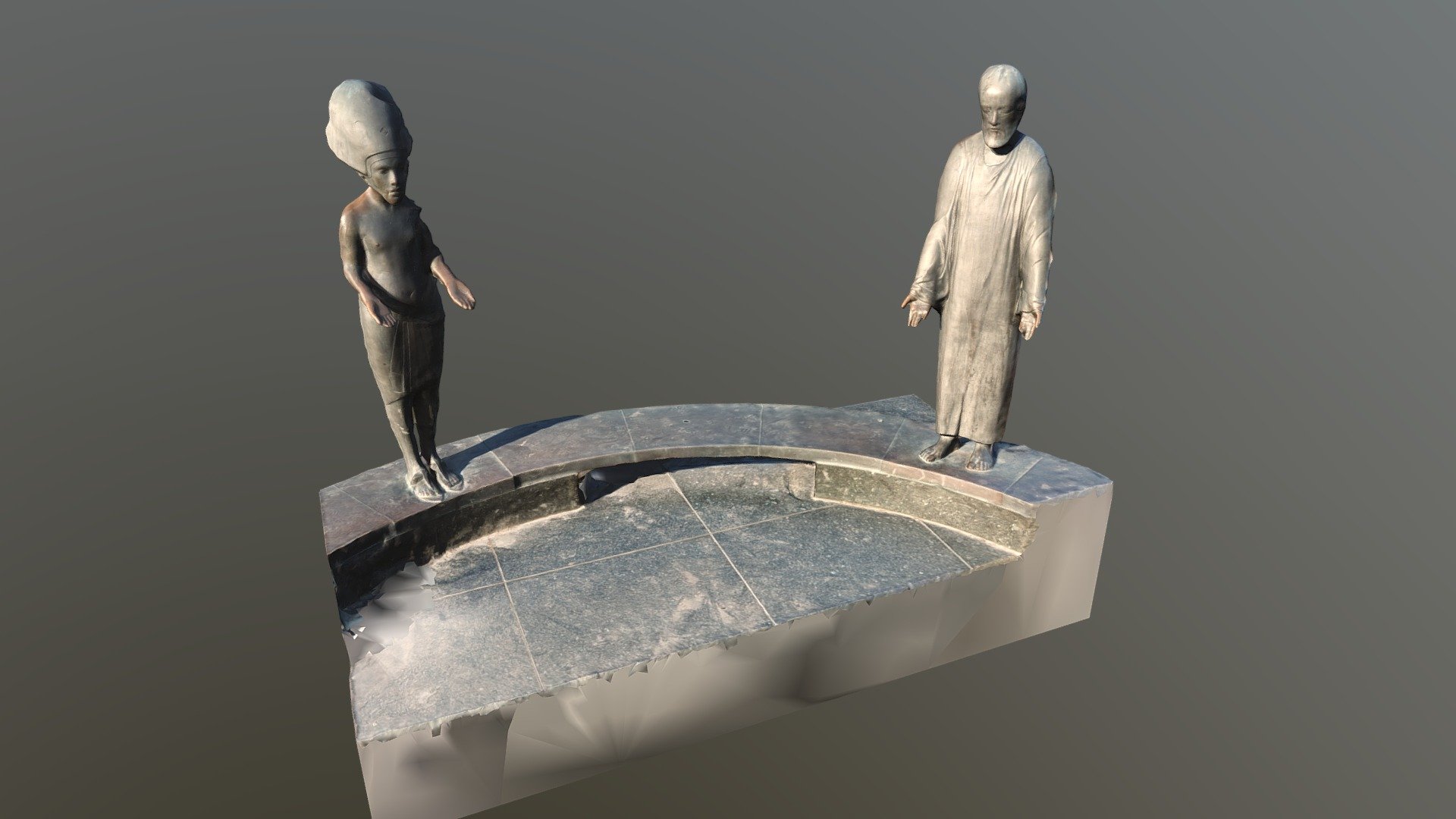
Filozófusok kertje - Budapest
sketchfab
Human beings have been fascinated by the concept of artificial intelligence for decades. They have been wondering if it's possible to create machines that can think and act like humans. The idea is to build a machine that can learn, reason, and interact with its environment in a way that is similar to how humans do. A human being has the capacity to perceive and understand their surroundings through sensory organs such as eyes, ears, nose, tongue, and skin. They are able to interpret these sensations and use them to navigate the world around them. A machine, on the other hand, relies on sensors and data processing algorithms to achieve a similar understanding of its environment. While humans have made significant progress in developing artificial intelligence, there is still much to be learned about how the human brain works. By studying the complexities of the human mind, scientists can develop more advanced AI systems that are capable of emulating human thought processes. The ultimate goal is to create a machine that can think and act like a human being, but with the added benefit of being able to process information at incredible speeds. However, the development of artificial intelligence raises important ethical considerations. As machines become increasingly intelligent, they may begin to develop their own motivations and goals, which could potentially conflict with those of humans. This has led to concerns about the potential risks and consequences of creating superintelligent machines that are capable of outsmarting humans. In conclusion, the development of artificial intelligence is a complex and ongoing process. While it holds much promise for improving human life, it also raises important questions about the nature of consciousness and the ethics of creating intelligent machines. Ultimately, the goal of AI research should be to create machines that can think and act like humans, but with the added benefit of being able to process information at incredible speeds. As technology continues to advance, we will see more sophisticated artificial intelligence systems emerge. These systems will be capable of learning from experience, adapting to new situations, and interacting with humans in a way that is increasingly natural and intuitive. The possibilities are endless, and the future of AI looks bright indeed.
With this file you will be able to print Filozófusok kertje - Budapest with your 3D printer. Click on the button and save the file on your computer to work, edit or customize your design. You can also find more 3D designs for printers on Filozófusok kertje - Budapest.
